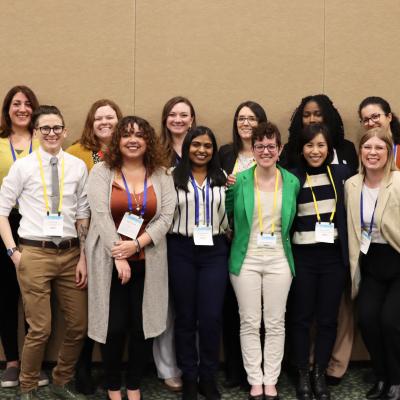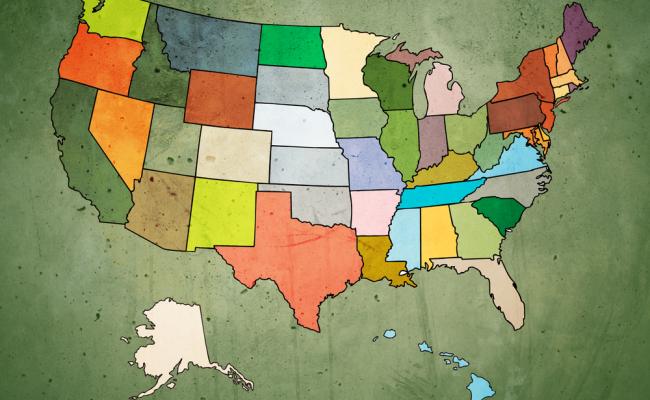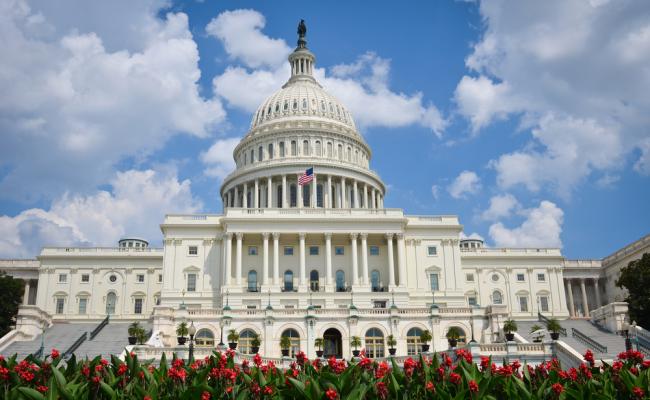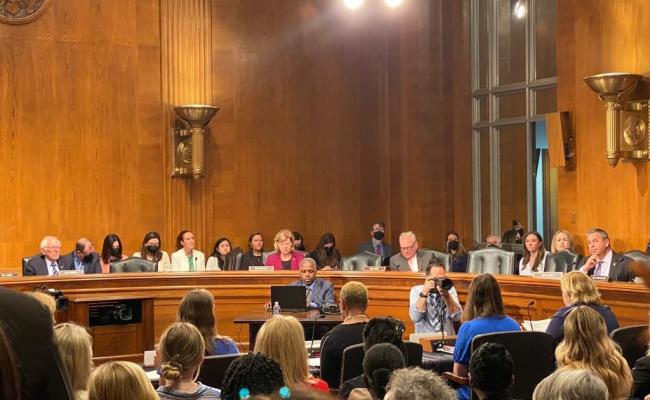SRCD U.S. Policy Fellowship Program
Due to unforeseen changes in private grant funding, the selection process for 2026-2027 SRCD U.S. Policy Fellows has been paused. Please stay tuned for further communications regarding the 2027–2028 cohort, which will be shared later this year.
The SRCD Policy Fellowship immerses postdoctoral child development experts over one to two years in a U.S state agency or Congress where they work full time on child and family policy. With over 30 years in operation, this prestigious program has historically included placements in federal agencies, state agencies, and Congress; however, these placements are not available until further notice.
Featured Items Header
Types of Policy Placements
State Agency Placements
If you want to implement policy and programs, the state fellowship is for you. State fellows often assist in the design, implementation or analysis for program evaluation.
List of state agencies that want to host a fellow this coming year
Federal Agency Placements
Federal agency placements are not available until further notice. Learn more about past placements here.
Congressional Placements
Be where policy is happening. Apply to work on Capitol Hill. Congressional fellows learn about policy development, implementation, and evaluation, and how to use developmental science to inform public policy in the highest levels in the United States.
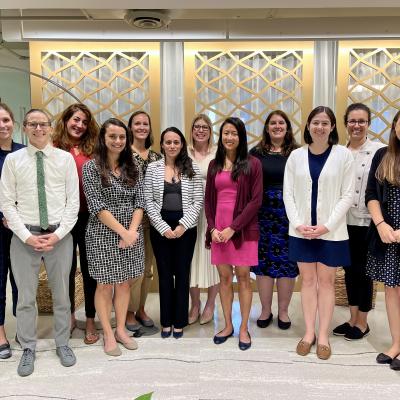
About the Fellowship
Explore a once-in-a-lifetime opportunity to build connections between child development research and public policy. In the SRCD U.S. Policy Fellowship program, experienced child development researchers spend an immersive one to two years working to improve evidence-based policymaking. Fellows receive a competitive stipend, professional development and mentorship, and explore alternate career paths. The Fellowship is fully supported by grants.
With almost 250 alumni over our 30+ years of success, we have placed fellows in 20 states in all regions of the country, as well as Washington, D.C. We have supported fellows across 23 different Congresses and 7 different administrations, starting in the Carter era! Among our alumni are some of the most influential researchers in developmental science, senior staff at federal and state agencies, and philanthropic leaders.
In 2023, 100% of fellows said they would recommend this program to others, and 100% believe that the program helped them advance their career goals.
“Participating in the fellowship was one of the best decisions of my career. I learned the details of how early childhood policy programs are designed and delivered. Through the fellowship I also extended my understanding of the importance of applied policy focused research. I could not have learned that if I had stayed in academia.”
– Stephanie Curenton, Executive Agency Fellow (2002-2003)
The Fellowship Experience
The Fellowship runs from September 1 through August 31 each year. There are two different placements: state agencies, and U.S. Congress. All fellows work full-time on issues relevant to children aged 0-8. They serve for one year, with the option for state agency fellows to extend for a second, if everyone is satisfied.
Our fellowship is unique. As a fellow, you will experience life as a policymaker. You will be exposed to careers in academia, government, philanthropic ventures, research firms, and more. Our staff go above and beyond for our fellows, and our fellows have opportunities to grow in ways that many of our alum tell us they’ve never had before or since.
“This fellowship has been an absolute gift for my career. I have discovered exactly where I want to be. I am forever grateful to SRCD for accepting me into this fellowship and awarding me with this opportunity that profoundly influenced the direction of my professional career.”
– Tanya Tavassolie, Congressional and Federal Agency Fellow (2021-2024)
How do the placements differ?
Learn more about the right placement for you: State | Congressional |

How am I supported as a fellow?
Fellows receive a highly competitive stipend – more than a typical postdoctoral position – as well as other support, including:
- A professional development budget and support for a personalized plan.
- A healthcare stipend and relocation reimbursement.
- Exposure to a wide array of career options in the policy and research nexus.
- Support with job application and interviewing experience such as resume and interviewing skills and connections to potential employers.
- A cohort of peers that support and learn from each other through monthly webinars, fellowship training, and networking opportunities.
We calculate stipends using the federal government’s General Schedule Level 12 rate, considering post-Ph.D. experience and your respective locality. The starting stipend for a fellow in Washington D.C. who has just completed their Ph.D. is $101,401 annually, as of 2025
"I came in wanting to understand the through-line of policymaking and how research can take advantage of a window of opportunity. How can I use what we've learned from research in the areas that don't tend to focus on it – funding, ideology? … I wouldn't have traded this experience for anything.”
– Sara Vecchiotti, Congressional and Executive Agency Fellow (2004-2006)

What do fellows learn?
- How to implement policy at different levels of government, including the opportunities and challenges of connecting research with policy.
- How to work with different stakeholders in the policy and research world.
- The different research needs that different types of policymakers need.
- How to communicate effectively both orally and in writing with different audiences.
- How to ask policy relevant research questions including how to solve problems in the research and policy realm.
How should I choose between the different placements?
Before applying, familiarize yourself with the three placements: state agencies, and U.S. Congress. There are many different reasons why you might choose one fellowship over another.
A few questions to ask yourself:
- Can I move to Washington DC? The Congressional placement requires that you move to Washington, DC. If you cannot for some reason, then the state fellowship may be a better fit for you.
- Am I more interested in how policy is set or how policy is implemented? The Congressional fellowship focuses more on the authorization and funding of policies and programs that touch young children and families, while the state placements are executive branch agencies that focus on policy implementation.
- Am I a U.S. Citizen? The Congressional placement requires U.S. Citizenship. Some state agencies may accept non-citizens. If you are not a U.S. citizen, it is important you ensure your prospective state agency allows contractors to be non-citizens, prior to applying to SRCD.
- Am I interested in how the government funds and manages research and evaluation? Some placements specifically focus on research and evaluation while others are more focused on implementing social programs. For programs and policy implementation, the state placements are better fits. Within Congress, you will look at the policy sphere with a strategic lens, using your research skills to help inform legislation.
- I still can’t decide! If you are torn by different options, we understand! Each of these experiences is a once-in-a-lifetime look at different policy arenas. That’s why we allow fellows to apply to different placements. We can’t guarantee that you will be selected twice, and we don’t give alum special treatment, but it gives you options! We often have, say, a Congressional fellow who then applies to a state or vice versa. So if you’re stuck, know that you have the option to re-apply after you complete one placement type.
"I loved the networking and access to the professional development activities! It was so great to be able to expand my learning in new ways and get out of my scientific comfort zone."
– Shirley Huang, Federal Agency Fellow (2022-2024)
